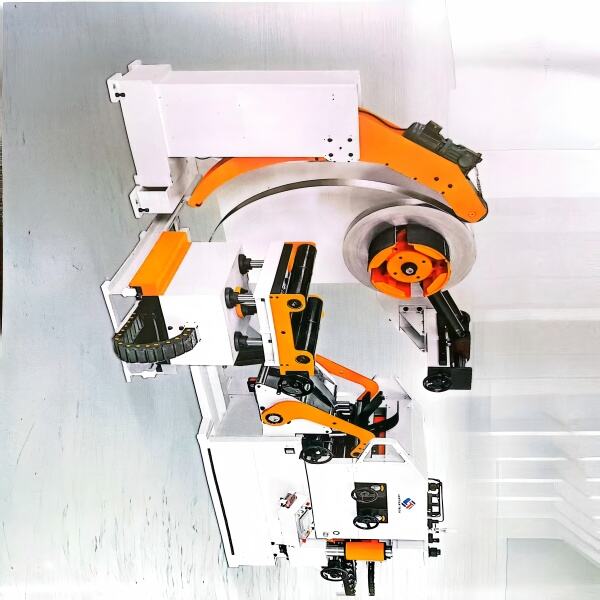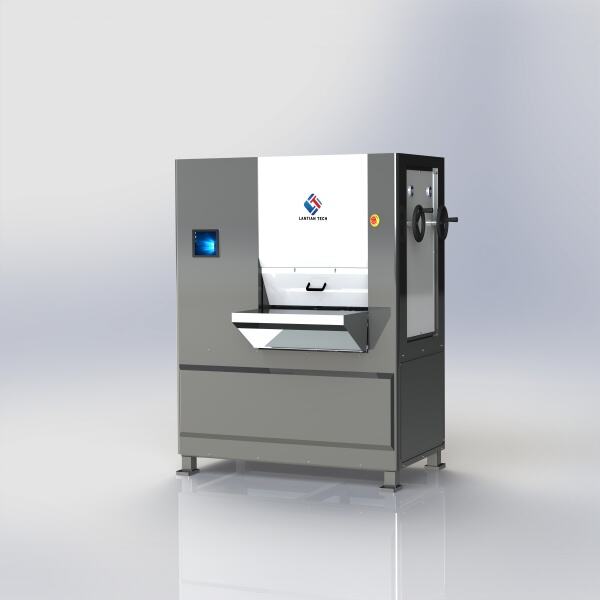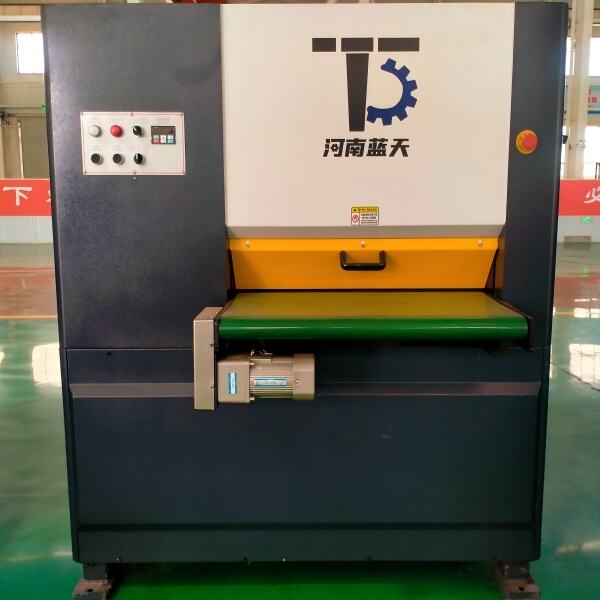sheet leveling machine
A sheet leveling machine is an advanced industrial equipment designed to eliminate deformities and ensure flatness in metal sheets. This sophisticated machinery employs a series of precisely arranged rollers that work in tandem to remove defects such as waves, buckles, and coil set from metal sheets. The machine operates by passing the material through multiple roller clusters, applying controlled pressure and bending forces to achieve optimal flatness. The technology incorporates advanced control systems that automatically adjust roller positions and pressure based on material thickness, hardness, and desired outcomes. These machines can process various materials including steel, aluminum, copper, and other metal alloys, with thickness ranges typically from 0.3mm to 25mm. Modern sheet leveling machines feature computerized controls for precise adjustment of leveling parameters, ensuring consistent quality across entire production runs. The equipment is essential in manufacturing processes where flat metal sheets are required for subsequent operations such as welding, cutting, or forming. Its versatility allows for processing both cold and hot-rolled materials, making it indispensable in industries such as automotive, aerospace, construction, and metal processing.


